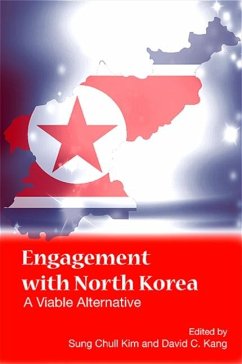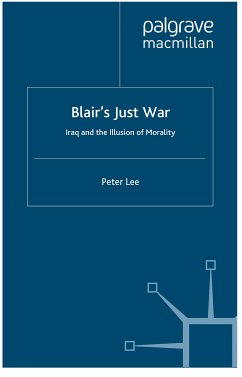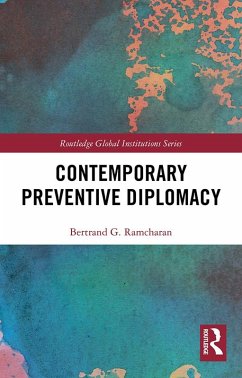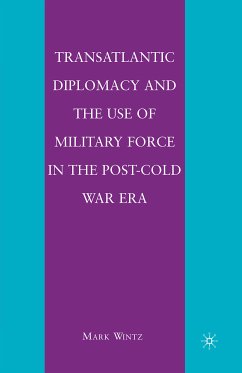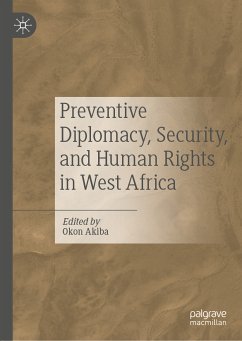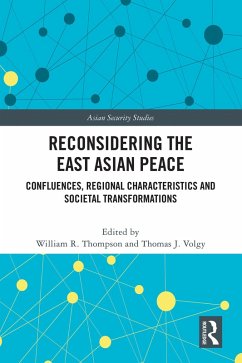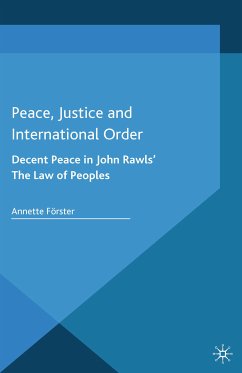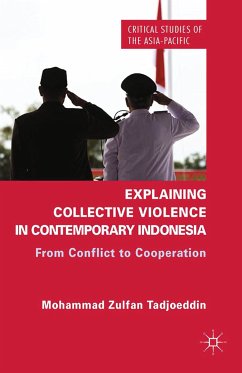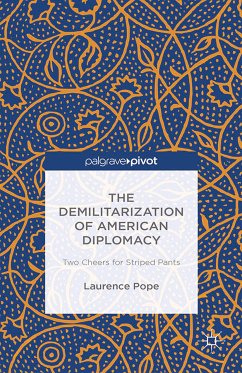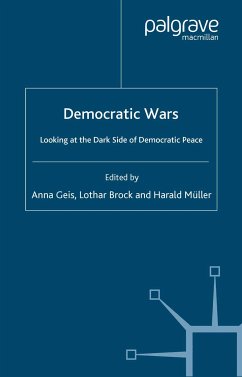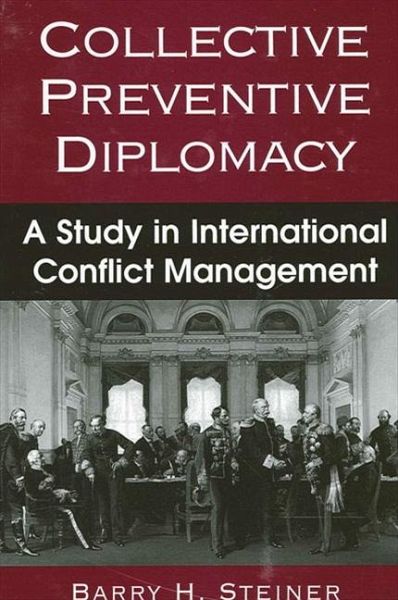
Collective Preventive Diplomacy (eBook, PDF)
A Study in International Conflict Management
Versandkostenfrei!
Sofort per Download lieferbar
25,95 €
inkl. MwSt.
Weitere Ausgaben:

PAYBACK Punkte
13 °P sammeln!
Examines how and why great powers act to defuse ethnic conflict within small powers.Powerful nations have often assumed a leadership role in international relations by becoming involved in ethnic conflict arising within small states. Recently however, their willingness to do so, at least unilaterally, has diminished. This study focuses on why and how powerful nations have acted together to dampen or forestall the expansion of small state conflicts while limiting potential risks to themselves. Employing a case-study method, Barry H. Steiner distinguishes between two types of collective preventi...
Examines how and why great powers act to defuse ethnic conflict within small powers.
Powerful nations have often assumed a leadership role in international relations by becoming involved in ethnic conflict arising within small states. Recently however, their willingness to do so, at least unilaterally, has diminished. This study focuses on why and how powerful nations have acted together to dampen or forestall the expansion of small state conflicts while limiting potential risks to themselves. Employing a case-study method, Barry H. Steiner distinguishes between two types of collective preventive diplomacy, the insulationist and the interventionist. In the former, powerful nations are motivated to contain small power conflict in order to preserve their relations with other powerful nations. In the latter, they act to settle conflict between the small power antagonists themselves.
Powerful nations have often assumed a leadership role in international relations by becoming involved in ethnic conflict arising within small states. Recently however, their willingness to do so, at least unilaterally, has diminished. This study focuses on why and how powerful nations have acted together to dampen or forestall the expansion of small state conflicts while limiting potential risks to themselves. Employing a case-study method, Barry H. Steiner distinguishes between two types of collective preventive diplomacy, the insulationist and the interventionist. In the former, powerful nations are motivated to contain small power conflict in order to preserve their relations with other powerful nations. In the latter, they act to settle conflict between the small power antagonists themselves.
Dieser Download kann aus rechtlichen Gründen nur mit Rechnungsadresse in A, D ausgeliefert werden.




